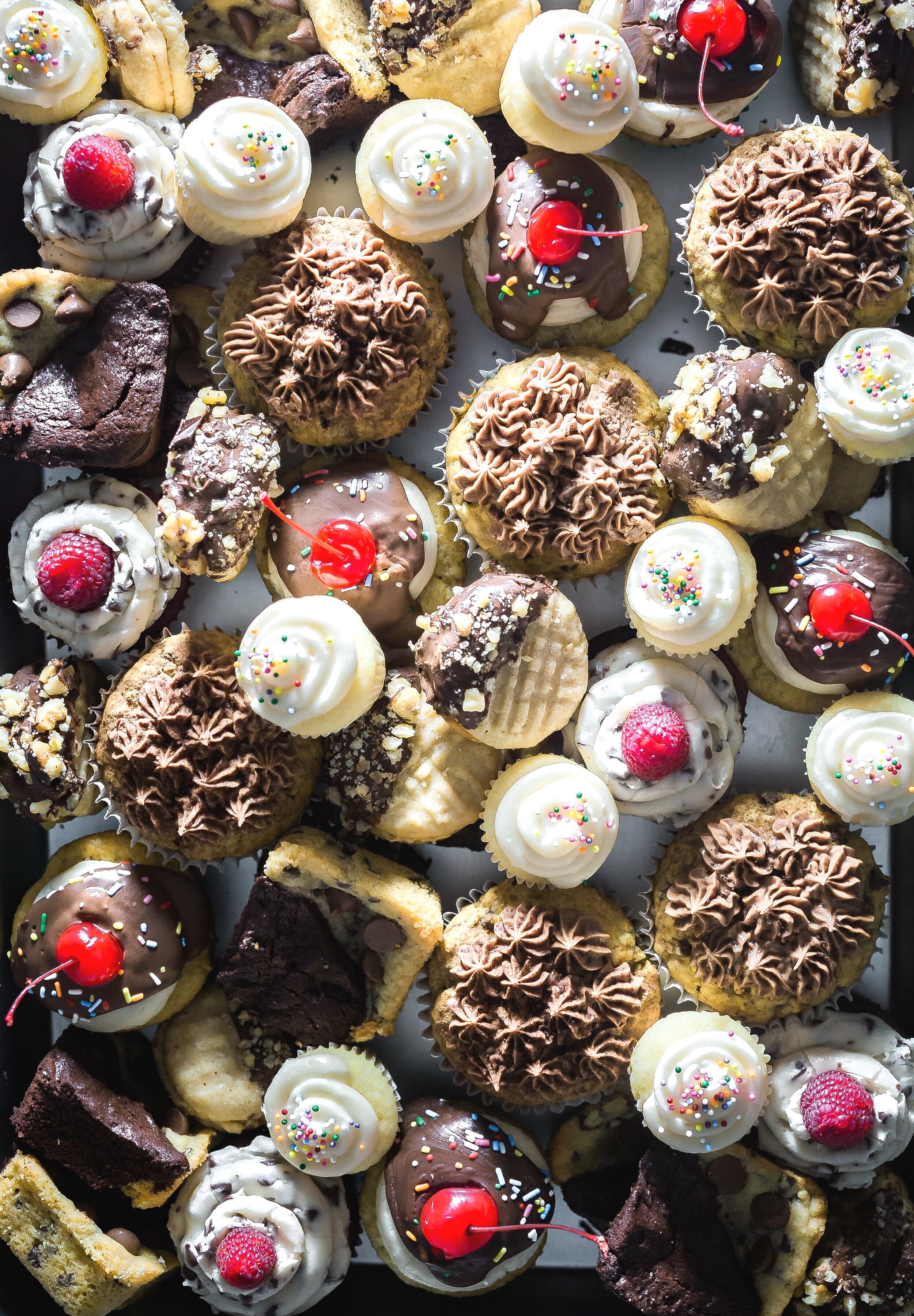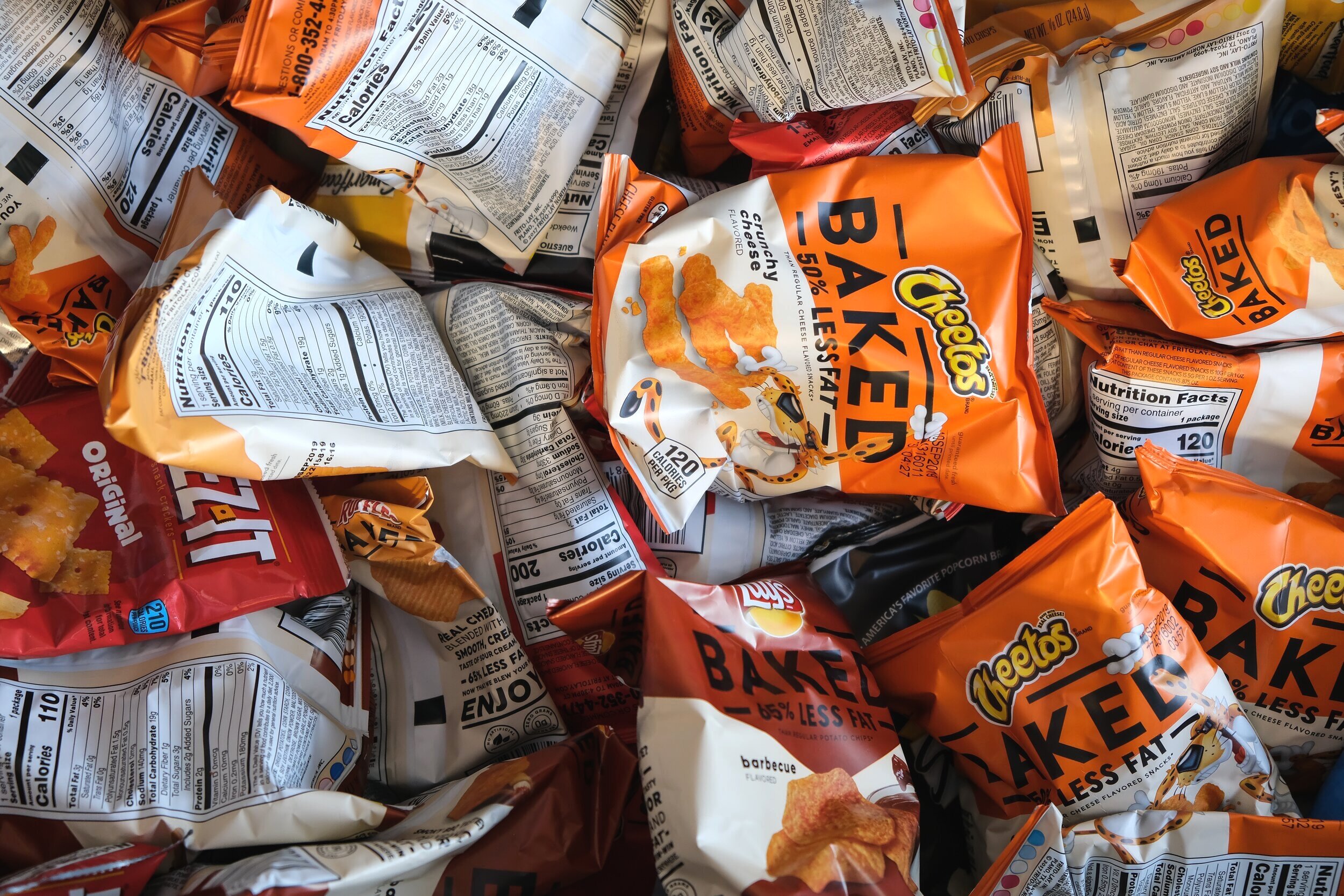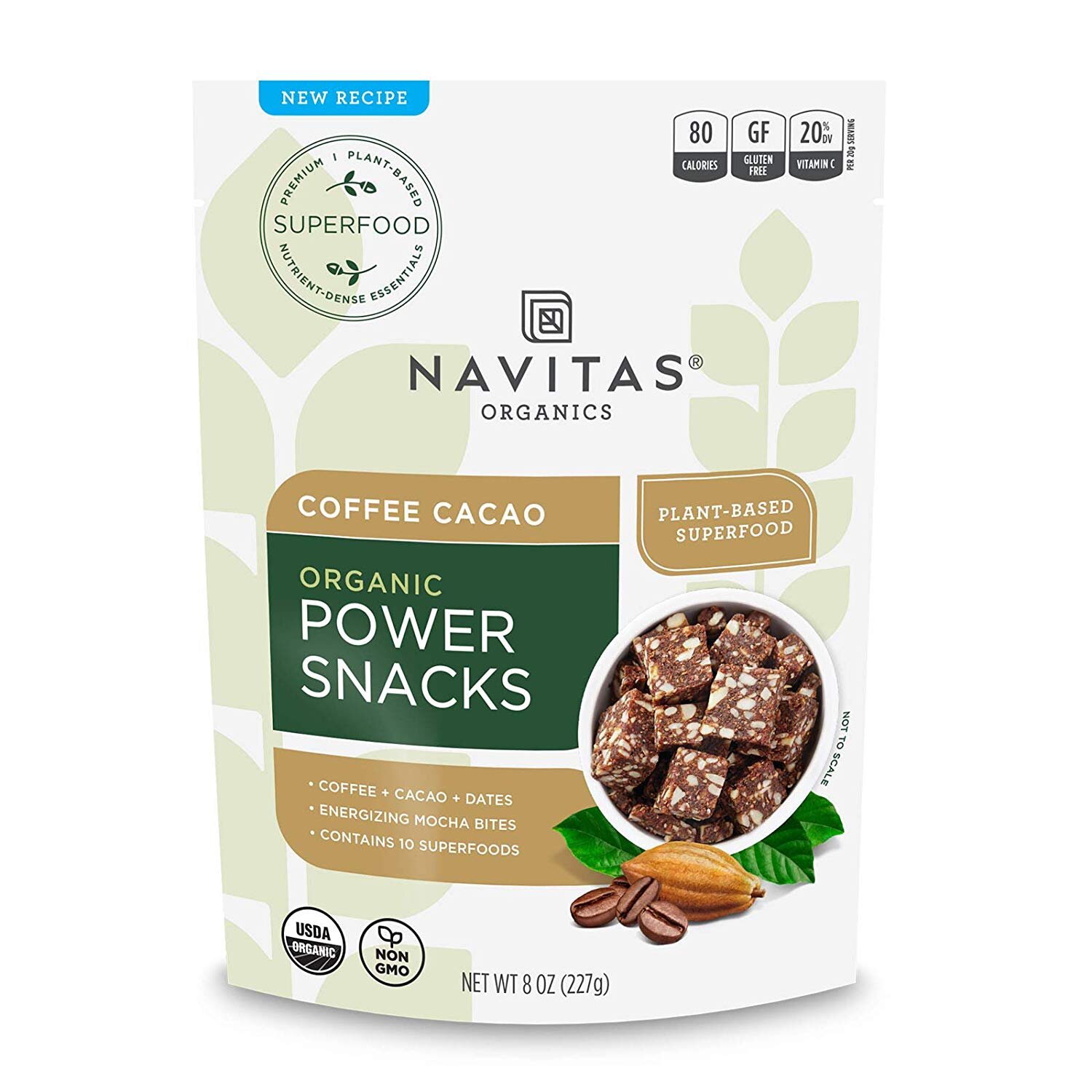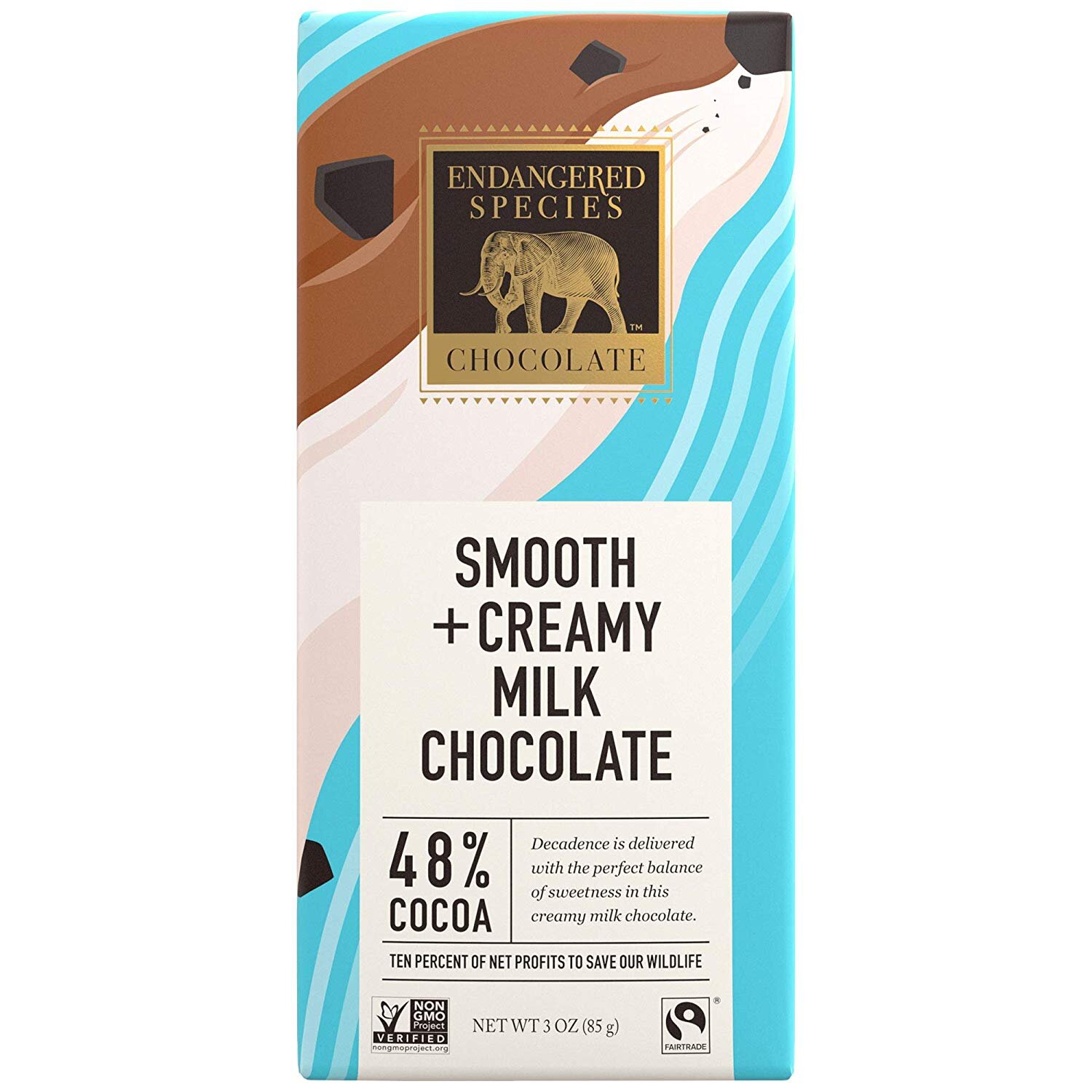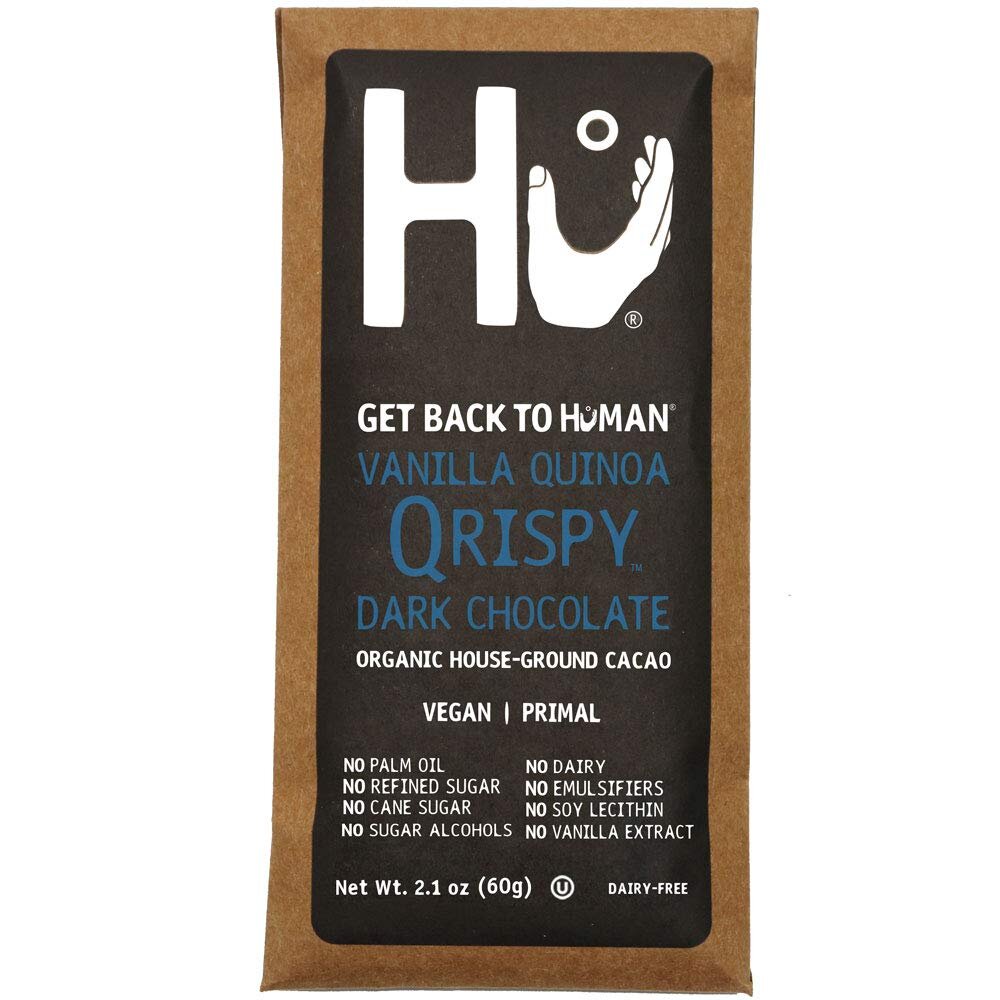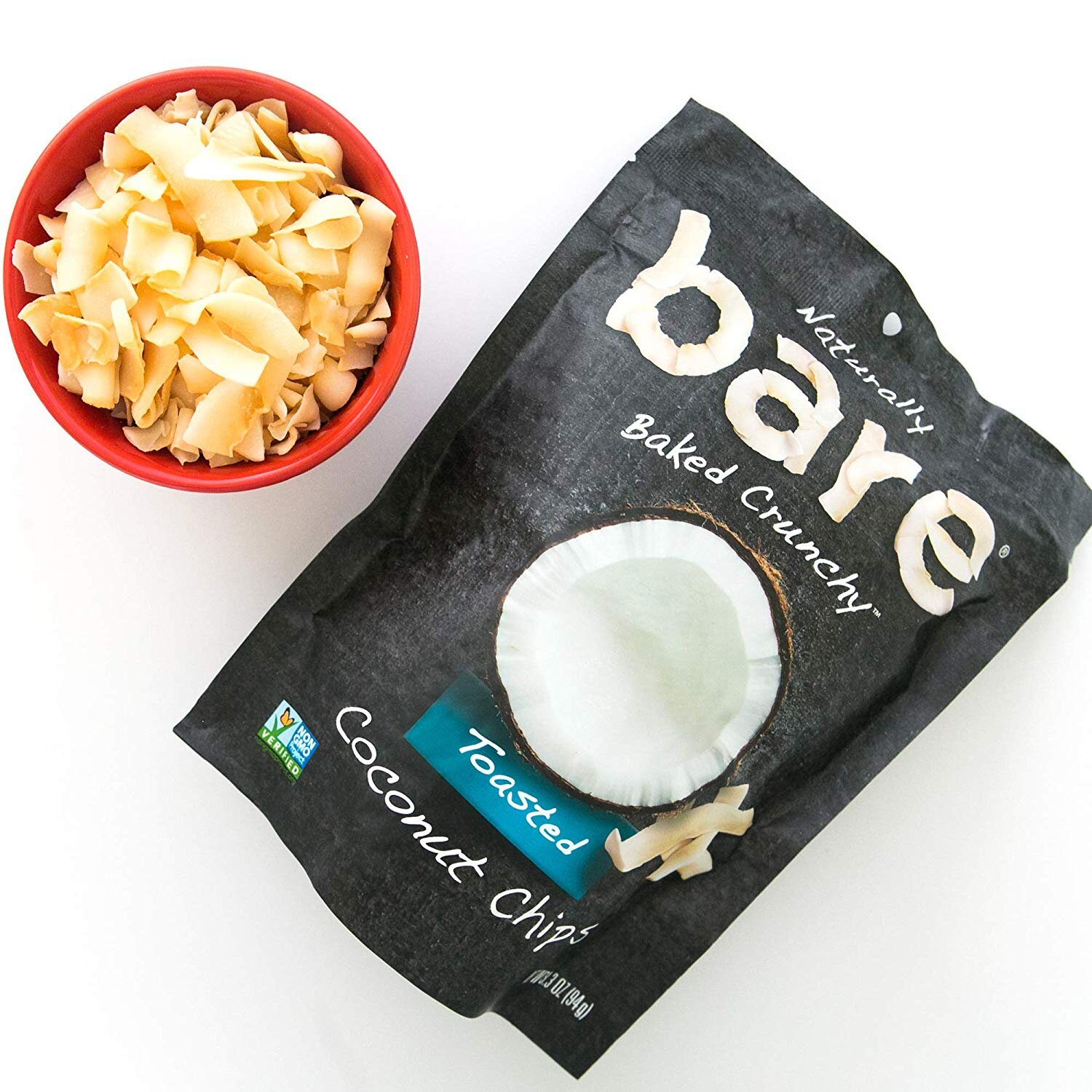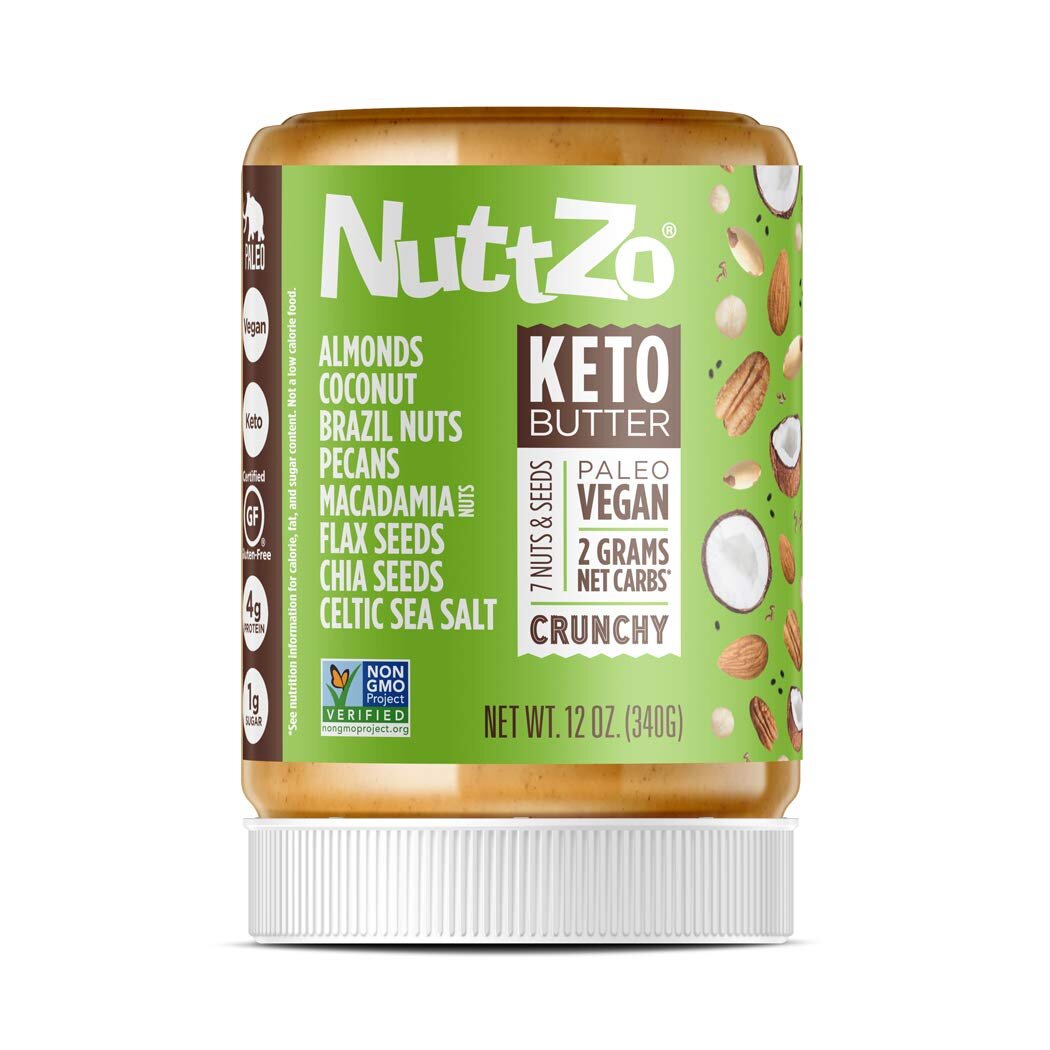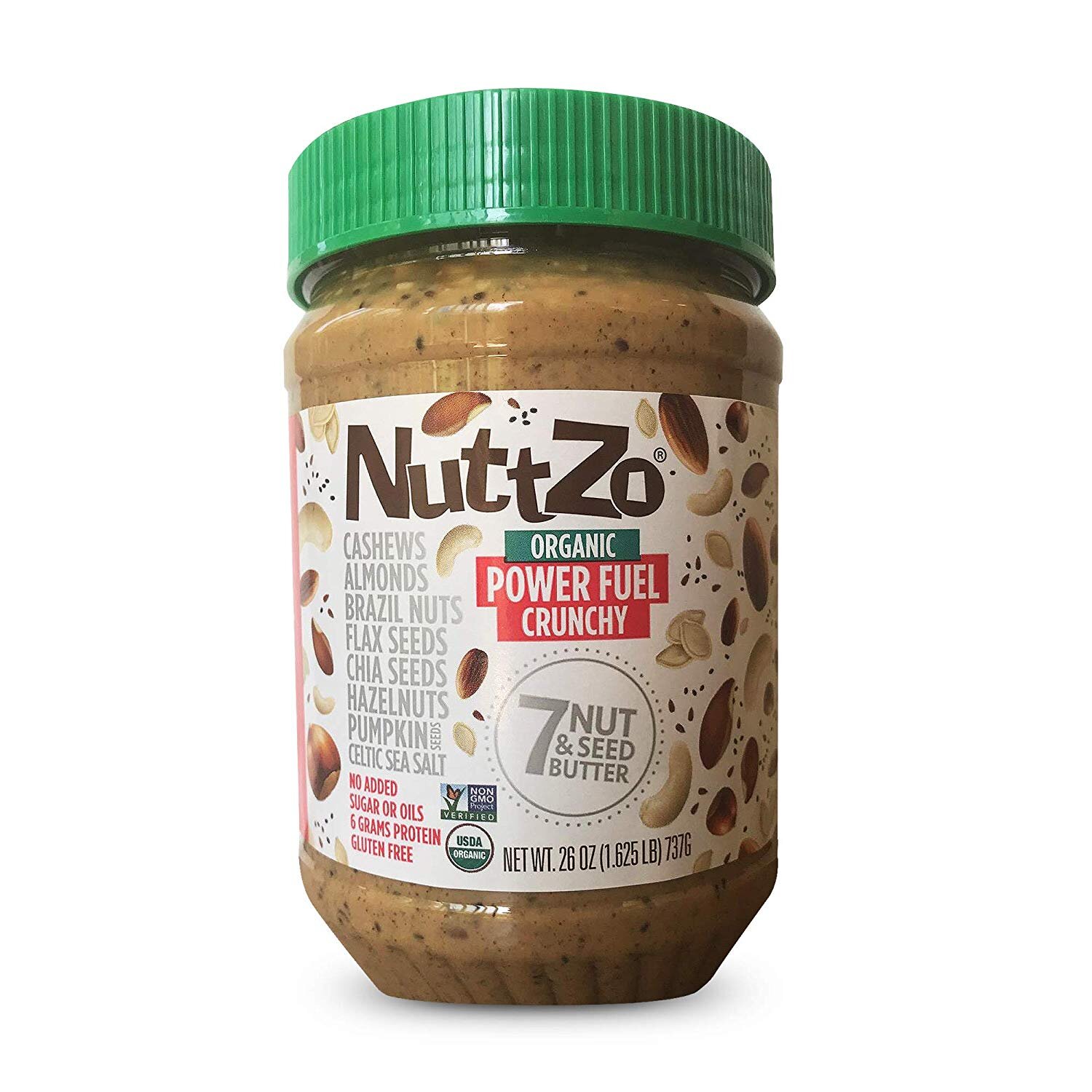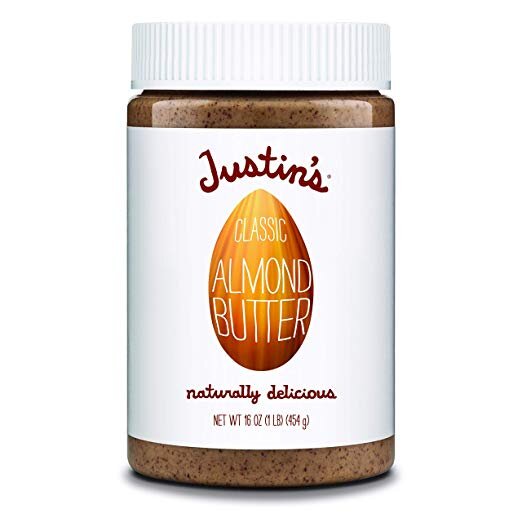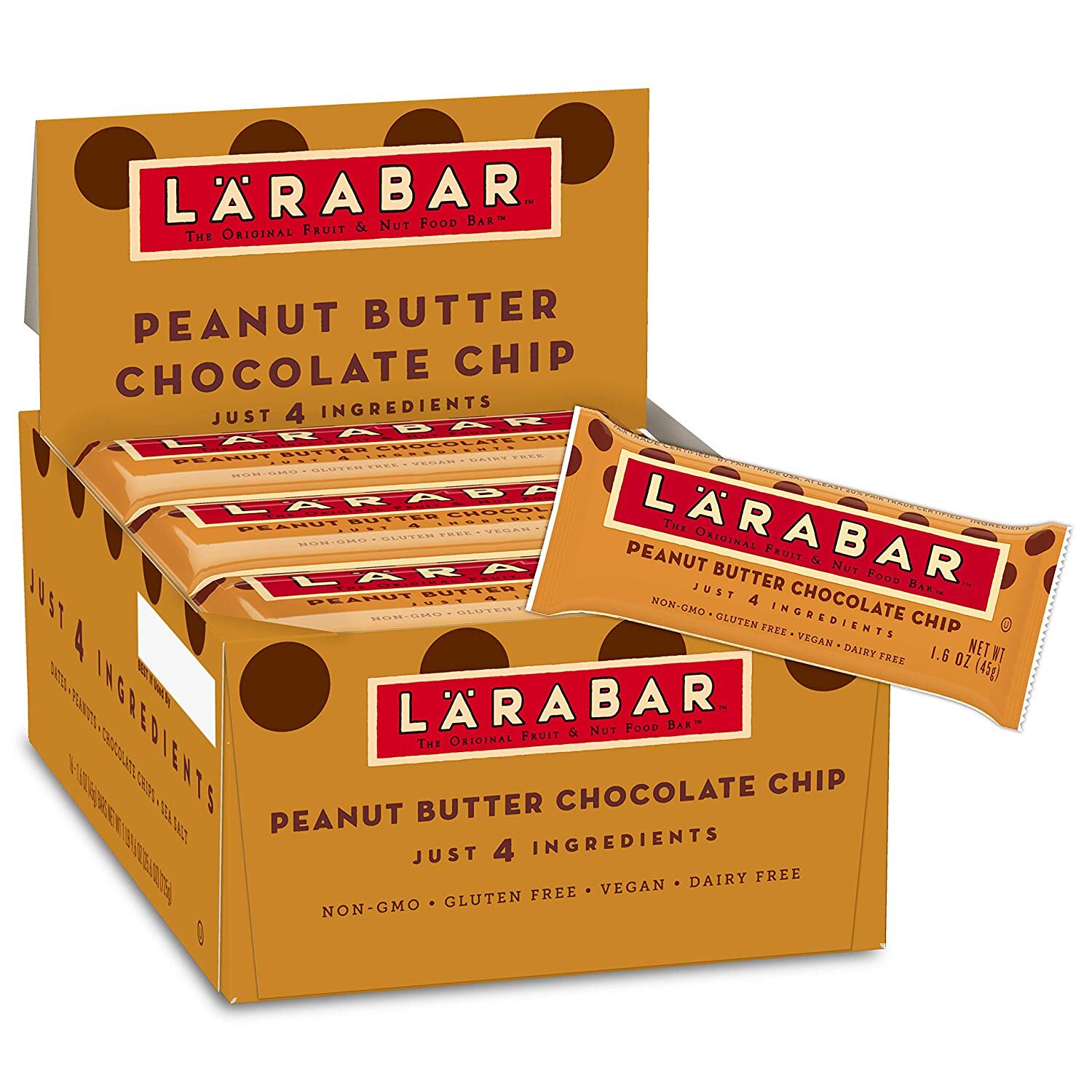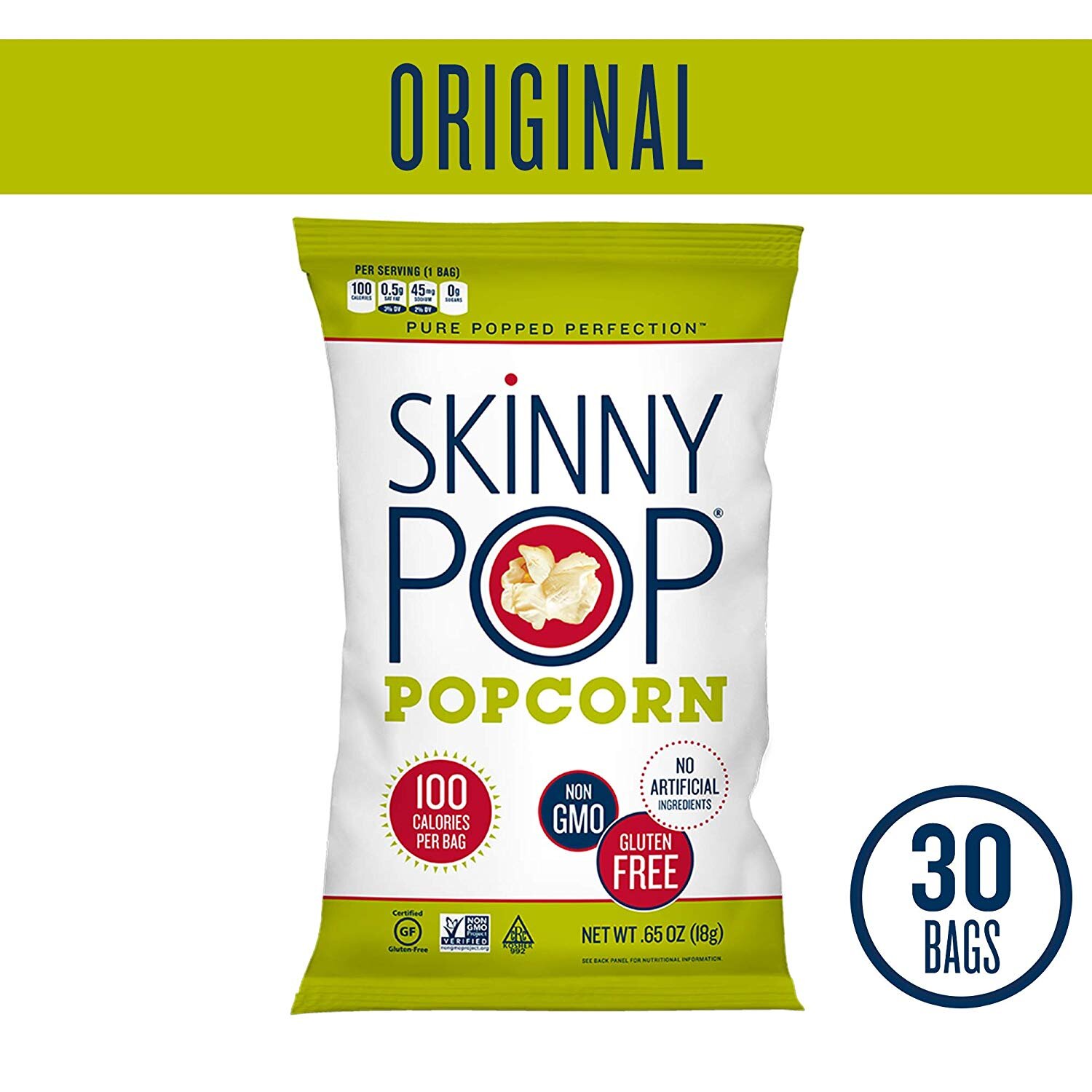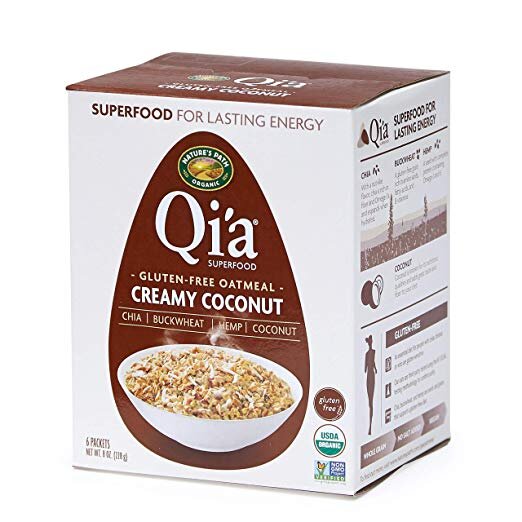Emotional + Stressful Eating
There are often two kinds of people, people that eat and find comfort in their food during stressful and emotional times, and the kind that just don’t eat anything, or very little of the wrong stuff. Either way, your stress and emotional state often dictates your eating habits, and throws off your body’s balance.
We chat with certified health coach, Sarah Randall of Cultivate Good who specializes in the topic of emotional and stressful eating about, well, just that!
What is Emotional Eating + Stress Eating?
Defining + explaining it
As humans we are emotional eaters, emotional decision-makers, emotional beings.
Because we live in such a stress-driven environment, both work and social, we develop tendencies to use food as a distraction or comfort when we are lacking somewhere else in our life.
It's the type of eating that happens when:
You're bored at work,
Reach for whatever is available in the kitchen, or
You have a big presentation come up,
You procrastinate by making food,
You haven't had a hug or physical touch in a while so you lean on chocolate or something sweet.
Hunger vs. Craving When Stressed/Emotional
compromised digestion + decision making
““Cravings can come from both a lack of nutrients, but also a lack of fullness in life.””
Learning to listen to your body and then interpret what it's asking for definitely takes practice!
In my health coaching practice, I often lean towards coaching clients to listen to their cravings and try to decipher them versus counting calories to make sure they hit a goal. When you're stressed, your body can't tell the difference between being attacked by a tiger or dreading a big presentation at work and it will shut down any systems that it doesn't deem necessary for survival (think digestion, immune).
Stress affects the way not only we choose the foods we eat, but how we digest it.
So How Do You Identify Stress/Emotional Eating?
how to catch yourself redhanded
The first step I always suggest is to keep a food journal for one week. This heightens your awareness of the food you're consuming. Sometimes my clients had no idea they were constantly eating the cupcakes brought in at work, it was just there.
There will be patterns that we identify and then go deeper into the why of your eating habits. Once we figure out when you tend to be most vulnerable to stress eating, we'll test out other options like going for a walk, walking to a co-workers desk and chatting, getting up from your desk etc.
The Blurry Line That Separates ‘Treating Yourself’ vs. Over Indulging
Over indulging to me is when you have lost control or the ability to stop. An example is having a cookie at work that someone brought in, but then having two more because they just taste so good, but you're not hungry.
I'm a big believer in enjoying your life and food is a huge part of that, but you have to think about the situation and the why behind it.
Again, it goes back to being mindful and reflecting on your thoughts and actions, as in most factors of your life.
There's a difference between shamefully eating cookies at home alone versus eating cookies with your friends on movie night. The line that separates treating yourself and over indulging is the feeling you have after.
What About That Treat You Like to Keep on Your Desk?
For a lot of us, food is our guilty pleasure, when we are sad, emotional, stressed, or even just our little work distraction.. companion? Sarah suggests thinking about why we want that treat, and then turn your mentality into one of self-control to maintain your willpower. Including healthy treats is also great, especially for times that your willpower decreases. Sarah loves Lara Bars, Chocolate squares, homemade energy balls, and nut butters.
Why We Often Lean on Food
As mentioned, many of us find pleasure in food, this is simply because it just tastes so good. Sarah highlights that some foods help the body produce dopamine and serotonin which make you feed really good, hence we go back for that feeling. Again, be mindful of this and that there most likely is a void that is being filled with food.
Affects on Your Body During Stressful + Emotional Times
they are major. We explain it simply.
Can trigger many issues in your body, turn on dormant issues, etc, but focusing on digestion related ones here.
stress
Chronic stress releases cortisol.
This increases belly fat.
Affects your small intestine and can cause leaky gut.
Overall alters your microbiome.
Slows down digestion progress [this is because it is preparing to take physical action of ‘said’ stress and danger you are facing, so preserves energy, etc.]
emotional
Every emotion affects digestion, affects the foods you choose.
Affects your mood and how you spend your time [friends, alone, etc].
How often you move your body.
Everything is connected. Isolating one thing, e.g. just working out is not the only focus to get major results. Mind, Body, Soul, Environment. All of it, balanced.
Changes to Adopt + Distract Yourself at Such Moments
Gratitude journal in the beginning and end of day.
This helps set you on a positive tone for the whole day. Takes just a couple minutes. Make intentions to make healthy food and mental choices.
Food journal to take notice of what and how much you are actually consuming.
Walks. Short walks with a co worker, friend - it helps reset and refresh.
Fill up your water bottle
Browse and read or listen to something for a few minutes.
How Long to Turn A Habit Around?
Sarah suggests an average of 6 months, which is what she takes her clients through too. Technically it can take about 2 months to build a habit, but with train and error, to establish it further Sarah likes to be with her clients all the way.
shop:
Photo Credits: Nathan Dumlao, Ryan Quintal. Sarah’s photos provided by Sarah Randall.


